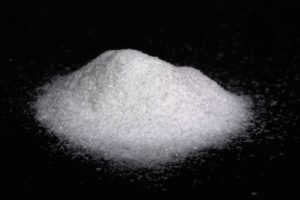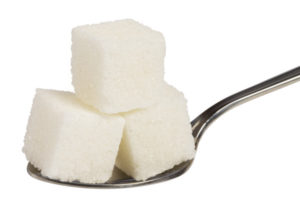 For years I heard health care providers recommend to persons worried about or with type 2 diabetes to only consume water, unsweetened coffee or tea, or zero calorie artificially sweetened beverages, including soda. Well, it turns out that artificial sweeteners have all sorts of harmful health effects, with different sweeteners (e.g., erythritol) having different effects.
For years I heard health care providers recommend to persons worried about or with type 2 diabetes to only consume water, unsweetened coffee or tea, or zero calorie artificially sweetened beverages, including soda. Well, it turns out that artificial sweeteners have all sorts of harmful health effects, with different sweeteners (e.g., erythritol) having different effects.
Another recent study found that the consumption of diet drinks and saccharin, a very popular sugar substitute, are associated with an increased risk of type 2 diabetes. In other words, the sweeteners are linked to the very problem people are trying to avoid.
A little confusingly, the researchers did not find a link to type 2 diabetes when looking specifically at overall artificial sweetener, sucralose, and aspartame intake. But they did with saccharin (the oldest artificial sweetener in use) and overall diet drink consumption.
This study questioned people 3 times over 20 years, with a final follow up at 30 years, so perhaps these results are due to different artificial sweeteners used in drinks over time, and even what they themselves purchased. For example, some people buy saccharin to add to coffee and tea at home.
From Medscape: Diet Drinks, Saccharin Tied to Increased Diabetes Risk
Consuming higher amounts of diet drinks and/or saccharin was associated with an elevated risk of developing diabetes, while total artificial sweetener intake, sucralose, and aspartame showed no significant association, according to an analysis of data from the Coronary Artery Risk Development in Young Adults (CARDIA) study. ...continue reading "Diabetes and Artificial Sweeteners"

 The artificial sweetener erythritol is added to many foods. However, this sugar substitute (which is often blended with stevia) may cause health problems . A recent small
The artificial sweetener erythritol is added to many foods. However, this sugar substitute (which is often blended with stevia) may cause health problems . A recent small